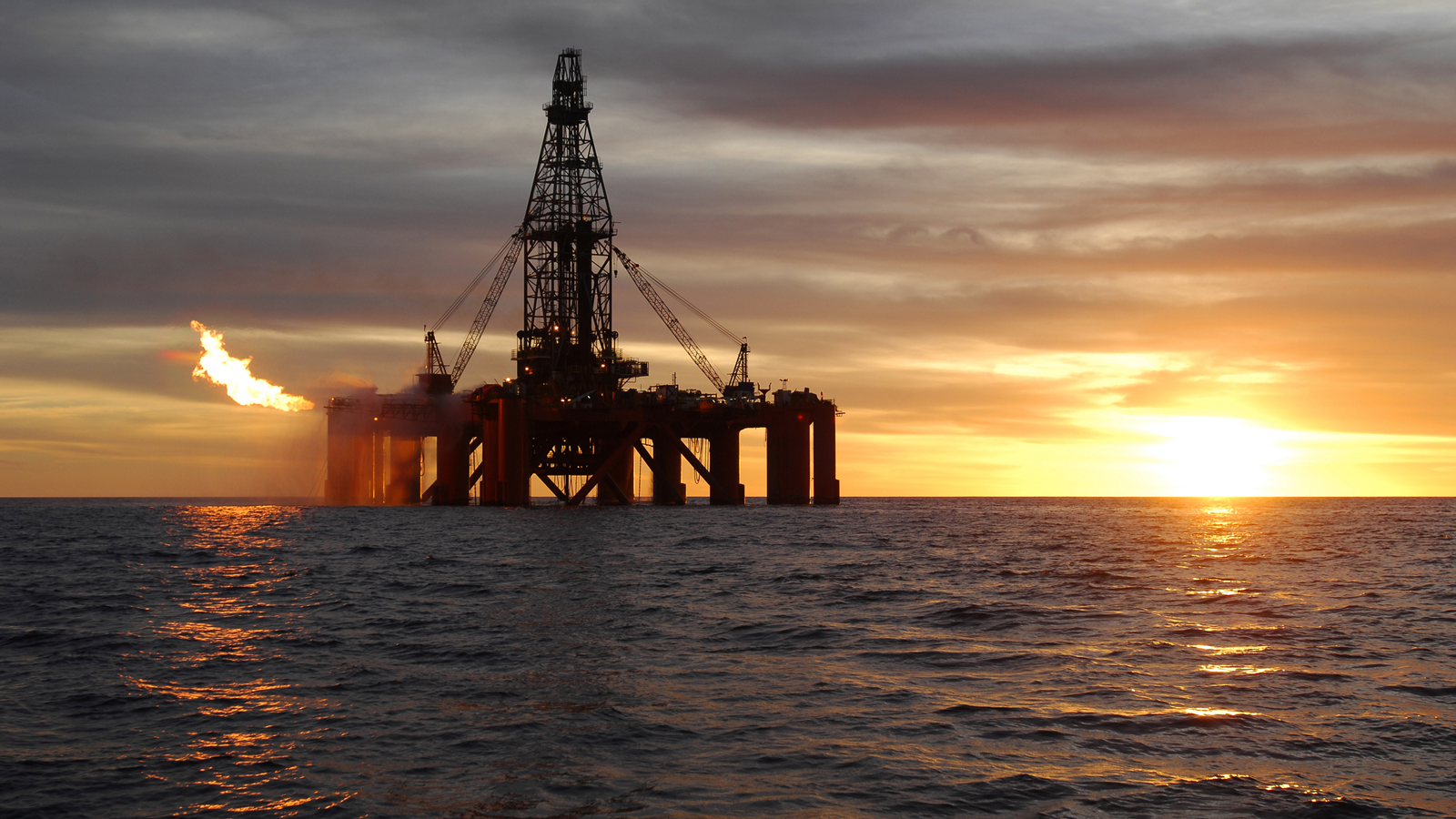
By Tanya Weaver Thu 9 May 2024
Collected at : https://eandt.theiet.org/2024/05/09/australia-will-ramp-production-and-use-gas-until-2050-and-beyond
A new policy published by the Australian government promises to prolong the production and use of natural gas throughout the transition to net zero emissions by 2050.
The Australian government has released the Future Gas Strategy, a long-term framework that maps the country’s plan for gas production and consumption, and how this fossil fuel will support the country’s transition to net zero by 2050.
Australia is one of the world’s largest exporters of liquefied natural gas. While it currently accounts for 27% of the country’s existing energy needs, the bulk of it is exported to countries such as China, Japan and South Korea.
The strategy outlines Australia’s commitment to supporting global emissions reductions to reach net zero emissions by 2050. But to do this gas production and exploration must be optimised through the transition.
As such natural gas will be a ‘bridging fuel’. As outlined in the strategy, Australia will ‘be a reliable trading partner for energy, including liquefied natural gas and low-emission gases’.
Madeleine King, minister for resources, said: “We need continued investment in, and development of, gas supply and transport infrastructure to get us through the energy transition with thriving industries.
“Under all credible net zero scenarios, natural gas is needed through to 2050 and beyond, though its production and use will change over this period. Gas will be essential to the transition because our energy system needs gas to achieve net zero.”
While there are those in the fossil fuel industry and government who support this new strategy, it has received a great deal of backlash from environmental groups and critics.
Professor Bill Hare, chief executive of Climate Analytics and author of numerous UN climate change reports, told the BBC: ”Fossil gas is not a transition fuel. It’s one of the main contributors to global warming and has been the largest source of increases of CO2 [emissions] over the last decade.”
Hare warned that building a net zero policy around gas will ”contribute to locking in 2.7-3°C global warming, which will have catastrophic consequences”.
Indeed, in a recent report by scientists at the Potsdam Institute for Climate Impact Research, it is estimated that the negative impact of climate change on agricultural yields, labour productivity and infrastructure will cost the world an estimated $38tn annually by 2050.
The European Environment Agency recently also said that Europe is not prepared for a barrage of climate change risks , including extreme heat, drought, wildfires and flooding.

Leave a Reply